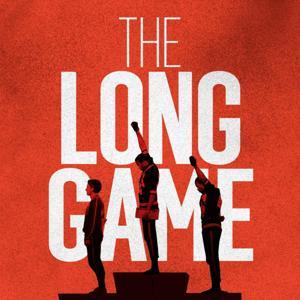
Sign up to save your podcasts
Or



By Foreign Policy





4.4
7575 ratings



The podcast currently has 46 episodes available.










The podcast currently has 46 episodes available.

37,601 Listeners

11,903 Listeners

600 Listeners

17,672 Listeners

4,150 Listeners

23,876 Listeners

10,265 Listeners

19,155 Listeners

1,591 Listeners

2,721 Listeners

5,136 Listeners

27 Listeners

1,744 Listeners

38 Listeners

205 Listeners

3,381 Listeners

372 Listeners

477 Listeners

830 Listeners

1,162 Listeners

11 Listeners

0 Listeners

13 Listeners

8 Listeners

3 Listeners

0 Listeners

0 Listeners

478 Listeners